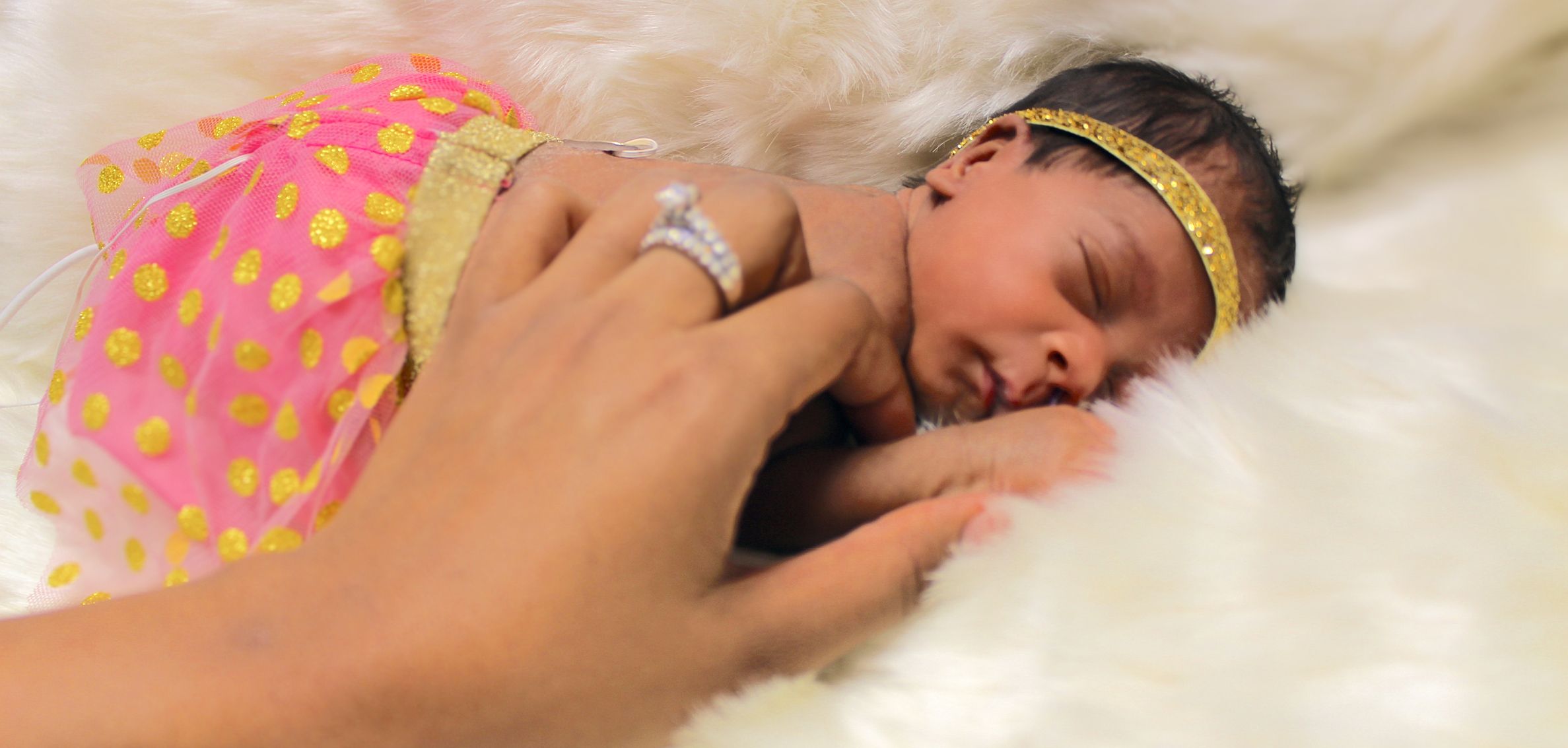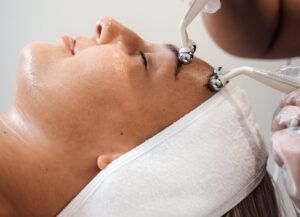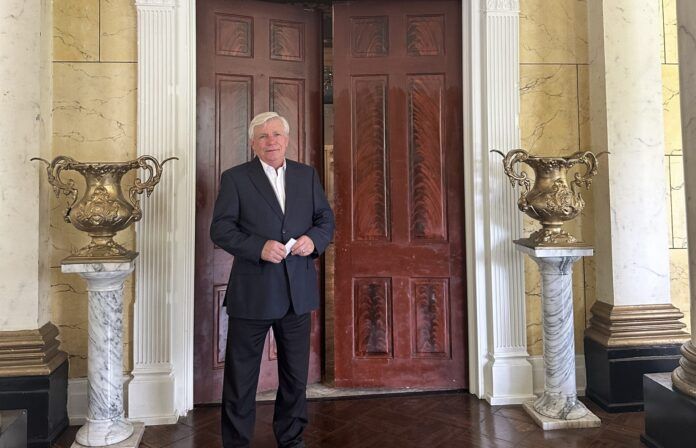
One mom’s mission to support preemie parents

Gem, a preemie born at just 29 weeks, was so tiny that one of her first outfits was a Barbie ballerina tutu. Kheri Monks, Gem’s mother, says Gem, now 6, spent 80 days in the NICU before she was able to leave the hospital. Monks now draws from her personal experiences as the mother of three prematurely born babies to help and advocate for others as “The Preemie Mom Coach.”
After Gem, Monks—who is also a bonus mom to two older children—went on to have two additional preemie babies—Jax, born at 31 weeks, and Jon, born almost full-term at 36 weeks and five days. Monks says she was diagnosed with HELLP syndrome and preeclampsia with her first pregnancy, and preeclampsia with the other two pregnancies, leading to the premature births.
In Monks’ experience, the NICU was a lonely place. “It’s an emotional rollercoaster that you can’t really prepare yourself for,” she says. “I didn’t have much support outside of my husband and my family, so I felt the need to fill in a gap and be engaged with moms.”
While every NICU stay is different, there are some common experiences that can trigger certain emotions among moms; Monks opens her ears to listen and then offers her own experiences of what worked and didn’t work for her.
The breastfeeding journey is one example. Many mothers deliver their baby, and the baby goes directly to the breast to feed. “For a NICU mom, we don’t get to hold our babies right away,” Monks says. So while the new mom has pictured putting her baby to her breast, instead she is pumping her milk so her baby can be fed through a tube. Then, once the baby is cleared to nurse, the new mom must work persistently with the baby to learn to latch properly.
“That’s an experience that I’ve had, and a good thing to share with other moms is how I’ve been successful with that,” Monks says.
Another common experience is that the homecoming often looks different than what the mom has pictured. When Gem finally came home from the hospital, Monks jokes that the hospital came home too. The infant was still connected to oxygen, as well as a cannula and apnea monitor.
“I talk to moms about having the hospital at the house with all the different medical equipment, and how you navigate through the different doctor appointments and therapies that tend to be something that premature babies go through,” Monks says.
Along with her role as “The Preemie Mom Coach,” Monks is also involved in advocacy through the Louisiana Center for Health Equity and other agencies to recommend improvements in maternal health issues.
“The journey has led me to become and inspirational voice and advocate for not only my babies, but for all moms and babies,” Monks notes on her website, thepreemiemomcoach.com. “I am open about my journey in hopes of improving the lives and birth outcomes of women who may be in the place I was in not too long ago.”











